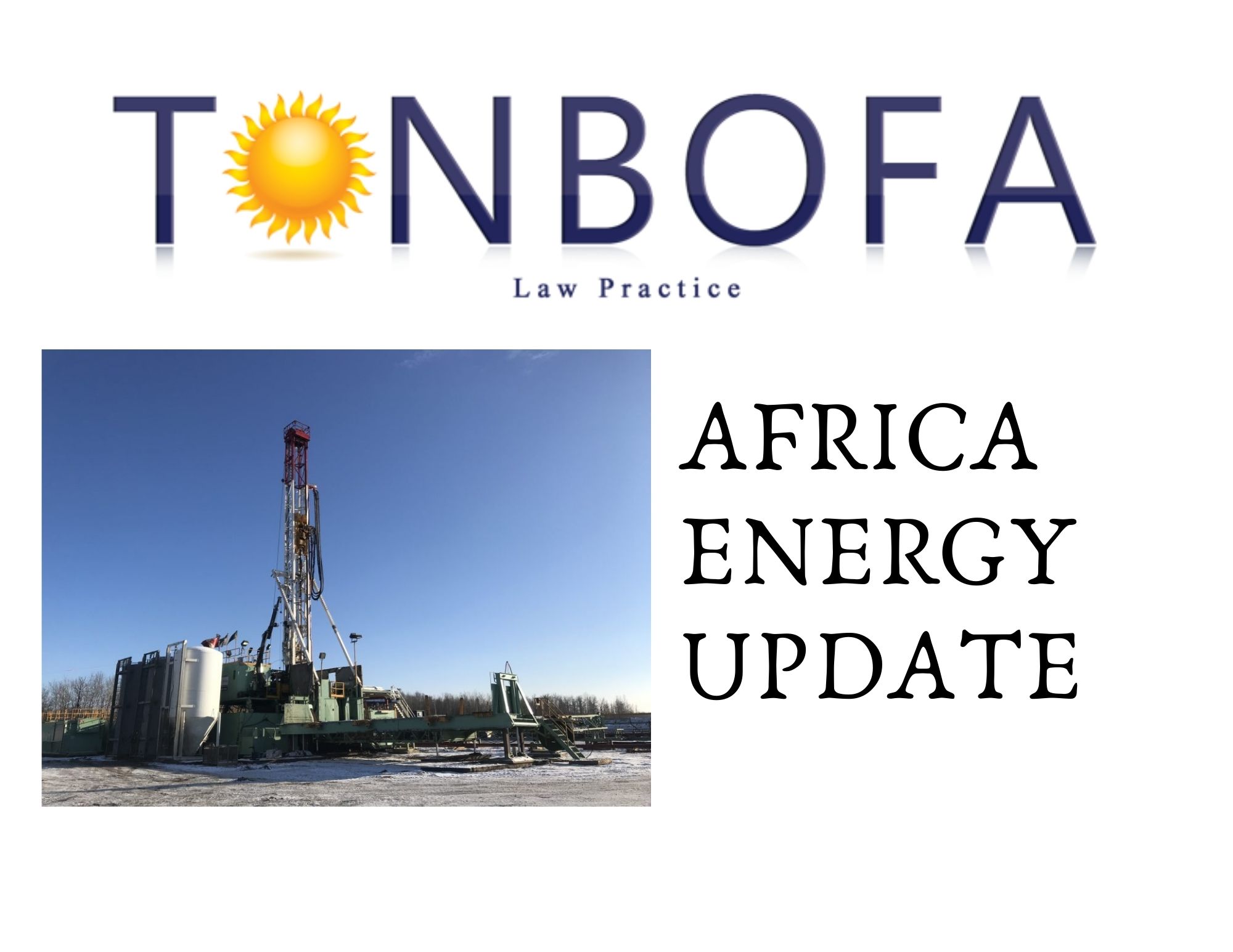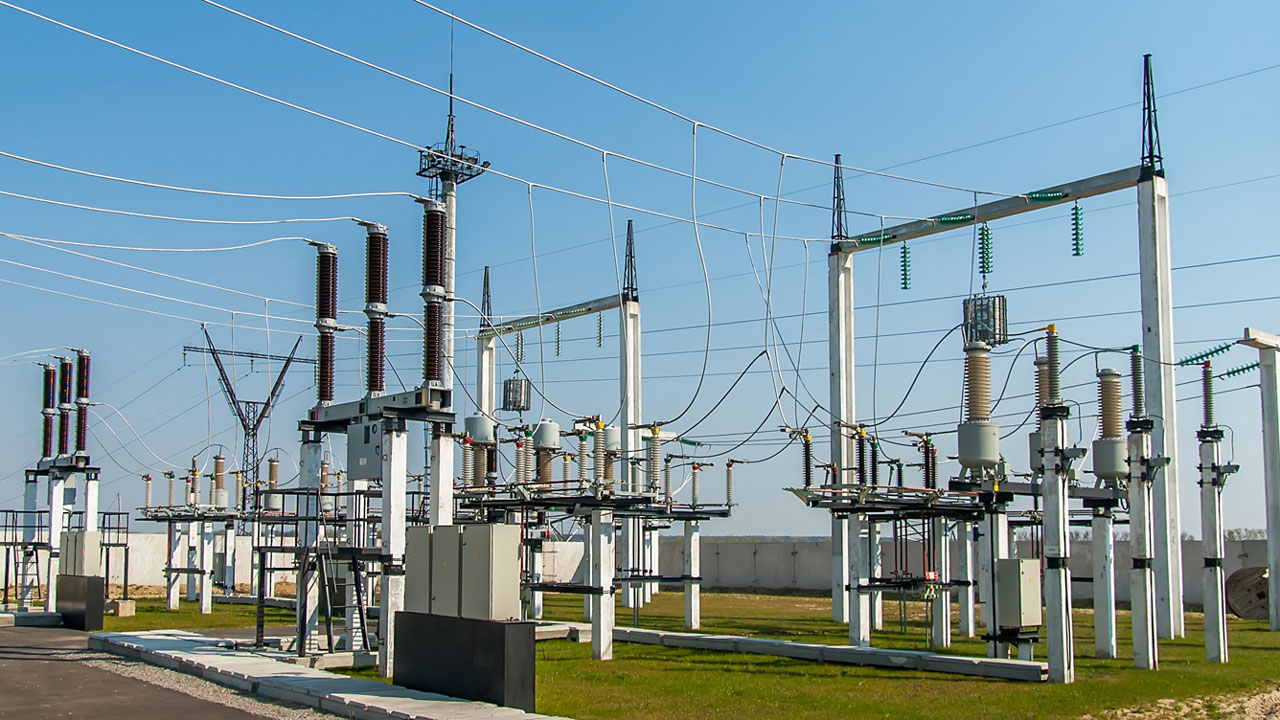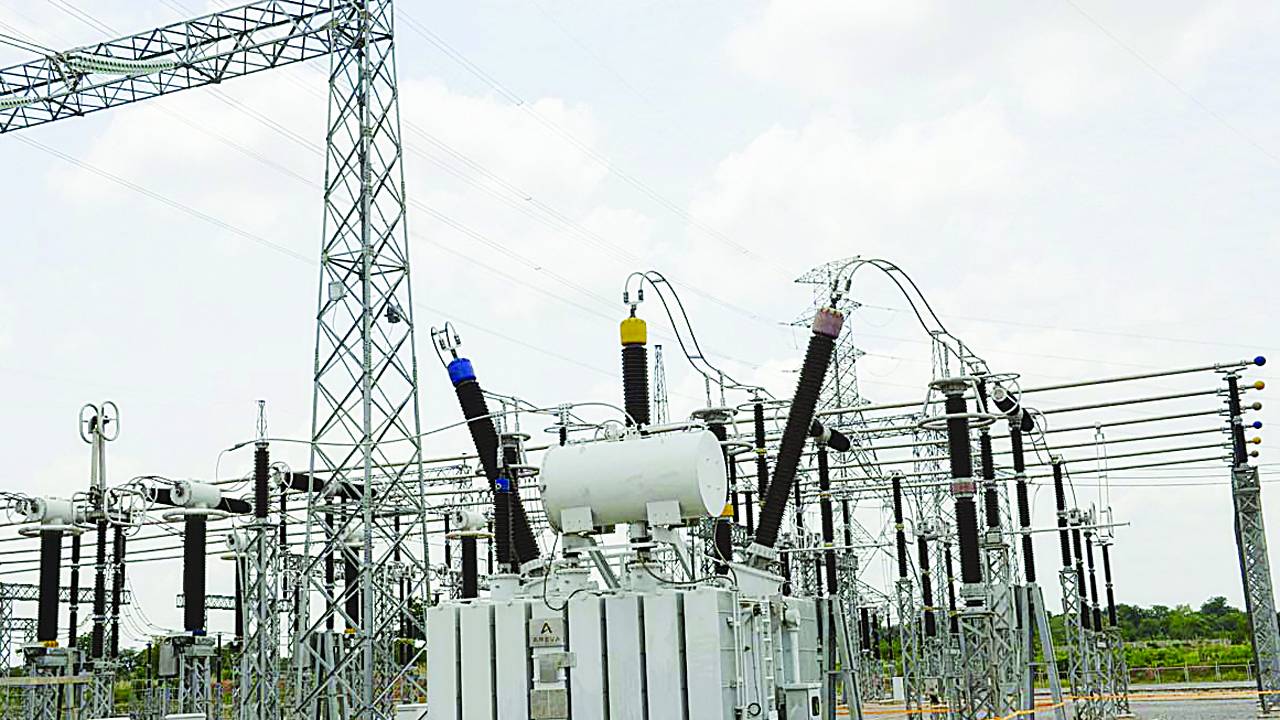An Introduction A Gas Sale and Purchase Agreement (GSPA) is the key agreement detailing the sale and purchase of a quantity of natural gas. Natural Gas is an invisible product and is a major source of clean energy. Natural gas can either be associated gas or non-associated gas. Associated gas: Natural gas that comes from […]
The Central Bank of Nigeria “CBN” on 5 February 2021 published a circular “2021 Circular” which it titled Letter To All Deposit Money Banks, Non-Bank Financial Institutions And Other Financial Institutions. By the 2021 Circular, financial institutions are being prohibited from supporting or aiding cryptocurrency transactions The CBN further requires regulated financial institutions to identify […]
FG Okays N35bn For NEPZA Power Station The federal government yesterday approved the sum of N35billion for the building of a power station by the Nigerian Export Processing Zone Authority (NEPZA) in Akamkpa, Cross River State. ØMinister of Industry, Trade and Investment, Niyi Adebayo, disclosed this to State House correspondents after the virtual federal executive […]
The Lagos Internal Revenue Services (LIRS) on the 29th day of January 2021 issued a Public Notice extending the deadline for the filing of Employer’s Annual Return. This extension is stated to last for 2 weeks starting from the 1st day of February 2021 to the 14th day of February 2021. The extension was granted […]
Nigeria’s External Reserves Hit $36.23b on Higher Crude Oil Prices Nigeria’s foreign exchange (forex) reserves rose from $34.94 billion last November to $36.23 billion by January 21, 2021 on the back of increase in global crude oil prices. Central Bank of Nigeria (CBN) Governor, Godwin Emefiele, who spoke at the end of the Monetary Policy […]
The Central Bank of Nigeria (CBN) on 13 January 2021 published a Framework on Regulatory Sandbox Operations (‘the Framework’) for a formal process to conduct live tests of new, innovative products, services, delivery channels or business models in a controlled environment subject to appropriate conditions and safeguards. The Framework prescribes the standards of operations of […]
The Central Bank of Nigeria (CBN) on 9 December 2020 published the Circular on New License Categorisations for the Nigerian Payment Systems (NLC Circular), which has made it easier to identify the licences that apply to the Nigerian Payments System. Under the NLC Circular payments system licensing has been streamlined into four: Switching and Processing; […]
AGREEMENT ESTABLISHING THE AFRICAN CONTINENTAL FREE TRADE AREA The Agreement establishing the African Continental Free Trade Area was formulated in line with the Abuja Treaty aimed at integrating African’s market by having a continental market with a free movement of persons, capital, goods and services which are crucial for deepening economic integration and promoting agricultural […]
Introduction The Department of Petroleum Resources (DPR) on Sunday, 11th October 2020 released Guidelines for the Establishment and Operations of Downstream Gas Facilities. The Guideline is issued pursuant to Petroleum Act 1969, Mineral Oils (Safety) Regulations (MOSR) 1997 and the Petroleum Regulations 1967. It stipulates the minimum requirements, procedures and conditions to be fulfilled before […]
Angel Investing is a type of business funding where high net worth individuals invest in early stage high growth private companies. Angel Investors fill the equity finance gap between start-up and seed capital (usually from founders and ‘family and friends’) and venture capital. Regulation of Business Angel Investment in Nigeria There are no specific regulations […]
Special Purpose Acquisition Companies“SPACs” also known as blank check companies are duly registered public limited companies, formed to raise capital in an Initial Public Offering (“IPO”) with the purpose of using the proceeds to acquire one or more unspecified companies, businesses or assets (target companies) to be identified after the IPO. Spacs have been used […]
Introduction It is no longer news that crude oil dominates Nigeria’s economy, accounting for about 90% of the country’s foreign exchange earnings. For some years now, successive governments have attempted to pass an all-encompassing Petroleum Industry Bill (PIB or the Bill) to no avail. Now, the present administration has sent a new PIB to the National Assembly. The […]
Hedge funds are a type of mutual funds that employ hedging techniques to minimize risk. There are no laws or rules that apply specifically to hedge funds in Nigeria. They are administered by professional investment managers and are not widely available to the public in that their investors are institutional investors or high net-worth individuals. […]
It is common knowledge that all businesses need finance or capital to start up, run or expand their businesses. Many Nigerian entrepreneurs, small businesses and companies do not have sufficient funds to finance their businesses or projects and may have to seek financing outside of themselves. Companies depending on their size and purpose of seeking […]
Introduction Further to the authority given under Section 76 of the EPSR (Electric Power Sector Reform) Act 2005, the Nigerian Electricity Regulatory Commission (NERC or the Commission) established a policy for determining electricity tariff in the Nigerian Electricity Supply Industry (NESI) and subsequently issued a Tariff Order called the Multi-Year Tariff Order (MYTO) that sets […]



















